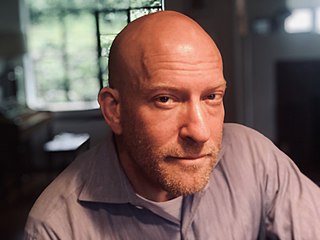A Quote by Cory Booker
As soon as I got out of law school, I went to inner city Newark, New Jersey, to become a housing rights lawyer, because people fought for my housing rights, I was going to pay it forward by fighting for others.
Related Quotes
Housing in New York City has become too expensive for many average wage earners, let alone people with marginal incomes, who find themselves displaced to far-flung neighborhoods or to the streets. Racist discrimination in housing, which has been around for decades and follows centuries of slavery, has exacerbated the housing affordability crisis for people of color.
While it's absolutely important that we build housing for our low-income residents, when we are talking about opening up hundreds of sites for housing, we should be trying to build affordable housing for all of our residents struggling to pay rent. That means housing for teachers, for nurses, for janitors.
Housing has always been a key to Great Resets. During the Great Depression and New Deal, the federal government created a new system of housing finance to usher in the era of suburbanization. We need an even more radical shift in housing today. Housing has consumed too much of our economic resources and distorted the economy. It has trapped people who are underwater on their mortgages or can't sell their homes. And in doing so has left the labor market unable to flexibly adjust to new economic realities.
I can remember the time when, if we wanted a house or housing, we relied on private enterprise. In fact, Americans built more square feet of housing per person than any other country on the face of the earth. Despite that remarkable accomplishment, more and more people are coming to believe that the only way we can have adequate housing is to use government to take the earnings from some and give these earnings, in the form of housing, to others.
The way we need to view aid is as a fulfillment of rights, and Mexico, as other countries around the world, have agreed and signed the Universal Declaration of Human Rights and the covenants of Human Rights and that includes the right to food, the right to water, the right to housing and the right to education.
There's this big debate that goes on in America about what rights are: Civil rights, human rights, what they are? it's an artificial debate. Because everybody has rights. Everybody has rights - I don't care who you are, what you do, where you come from, how you were born, what your race or creed or color is. You have rights. Everybody's got rights.

































